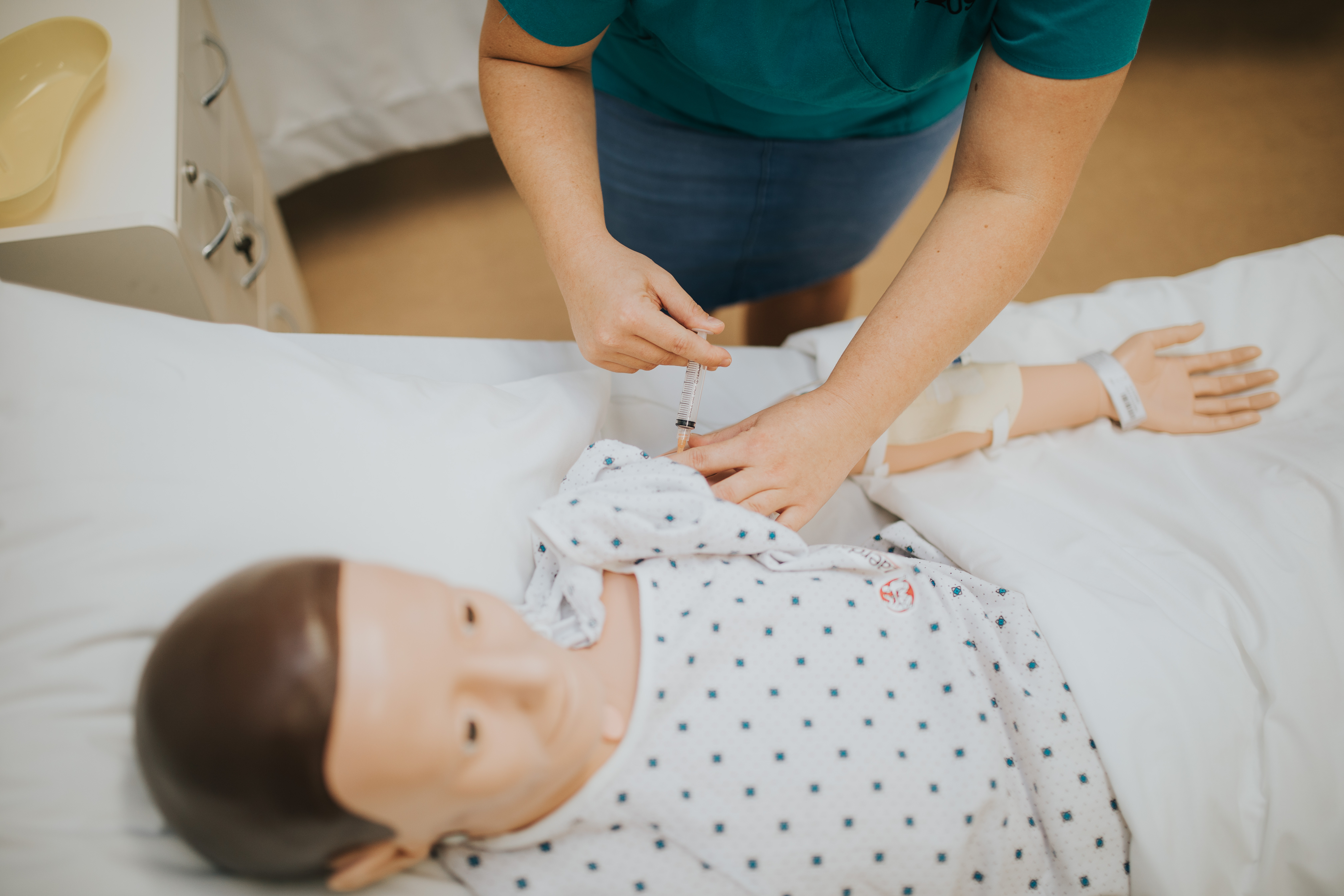As opportunities in the regional health sector continue to rise, The University of the Sunshine Coast has created a new School of Health bringing together all health and sport disciplines from Fraser Coast to Moreton Bay.
The school is the result of a merger between the university’s School of Health and Behavioural Sciences, and the School of Nursing, Midwifery and Paramedicine. It will also encompass High Performance Sport.
Dean of the new school Professor Tony Perkins, who previously led Griffith University’s health faculty, said he saw enormous potential for expanding UniSC’s multi-disciplinary education, student-led community clinics, and rural placements.
“With an ageing population, continuous improvements to regional healthcare, and the Olympic Games on the horizon, there are enormous opportunities for our graduates to live and work regionally,” Professor Perkins said.
“UniSC continues to gain a reputation as a great place to study and work, and we have a rich foundation of health expertise on which to build – including across healthy ageing, mental health and sport science.”
Professor Perkins joins from Griffith University where, as Academic Dean of Health, he helped establish one of Australia’s largest health faculties.
He said the UniSC School of Health was building on a strong base of facilities, expertise, collaborations and industry partnerships, which included the Sunshine Coast Health Institute, the Sunshine Coast University Hospital and UniSC’s Thompson Institute.
There are plans to build on UniSC’s student-led, fully supervised community clinics that offer psychology, counselling, nutrition and clinical physiology – which provide students with experience, and much-needed support to people who need help.
“Students require thousands of hours of work placement before they can be registered as a professional in their field, and clinics allow the university to directly provide those benefits to the community,” Professor Perkins said.
“We place even greater importance on providing those opportunities for work-integrated-learning in rural and remote areas, because you often find they result in permanent roles because the graduates want to stay in the community,” he said.
He also said a move to boost multidisciplinary learning would help further prepare graduates for the workplace.
“If you’re a nurse you’re likely to be working with occupational therapists, if you’re a sports scientist, you’re likely to be working with nutritionists, so by bringing these disciplines together while students are learning, the impact will be that our graduates have an even broader base from which to provide care for the community,” he said.
“We’ve already started this process by co-locating classes so students benefit from these connections, but ultimately the community will benefit from the interdisciplinary interactions they will have as a result.”
Media enquiries: Please contact the Media Team media@usc.edu.au

